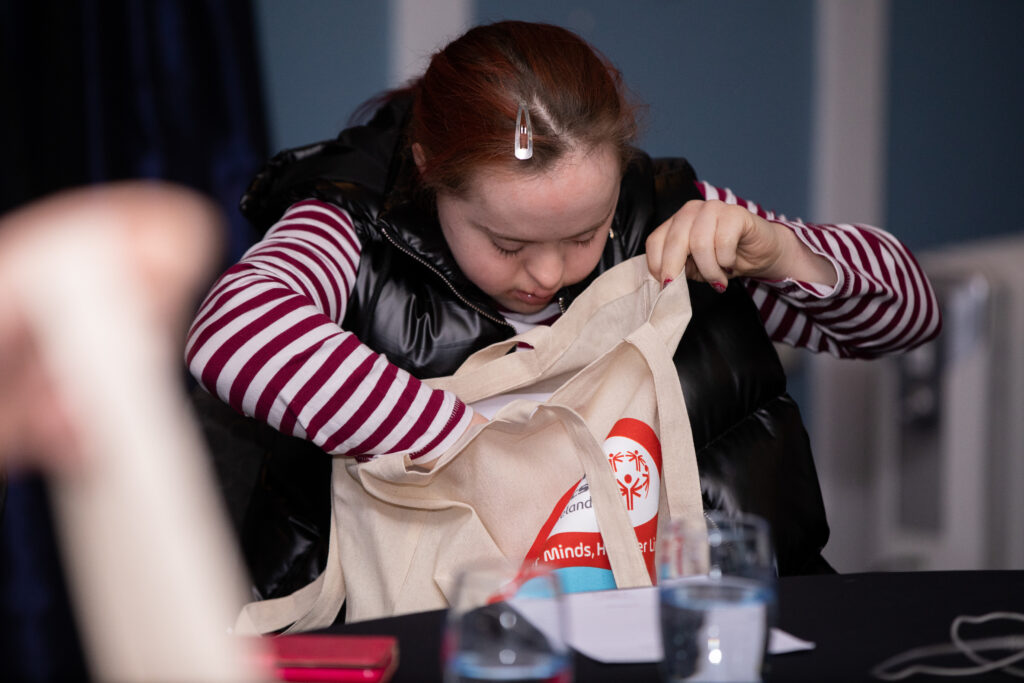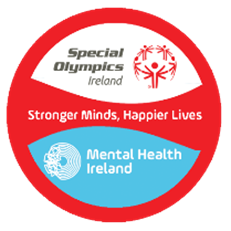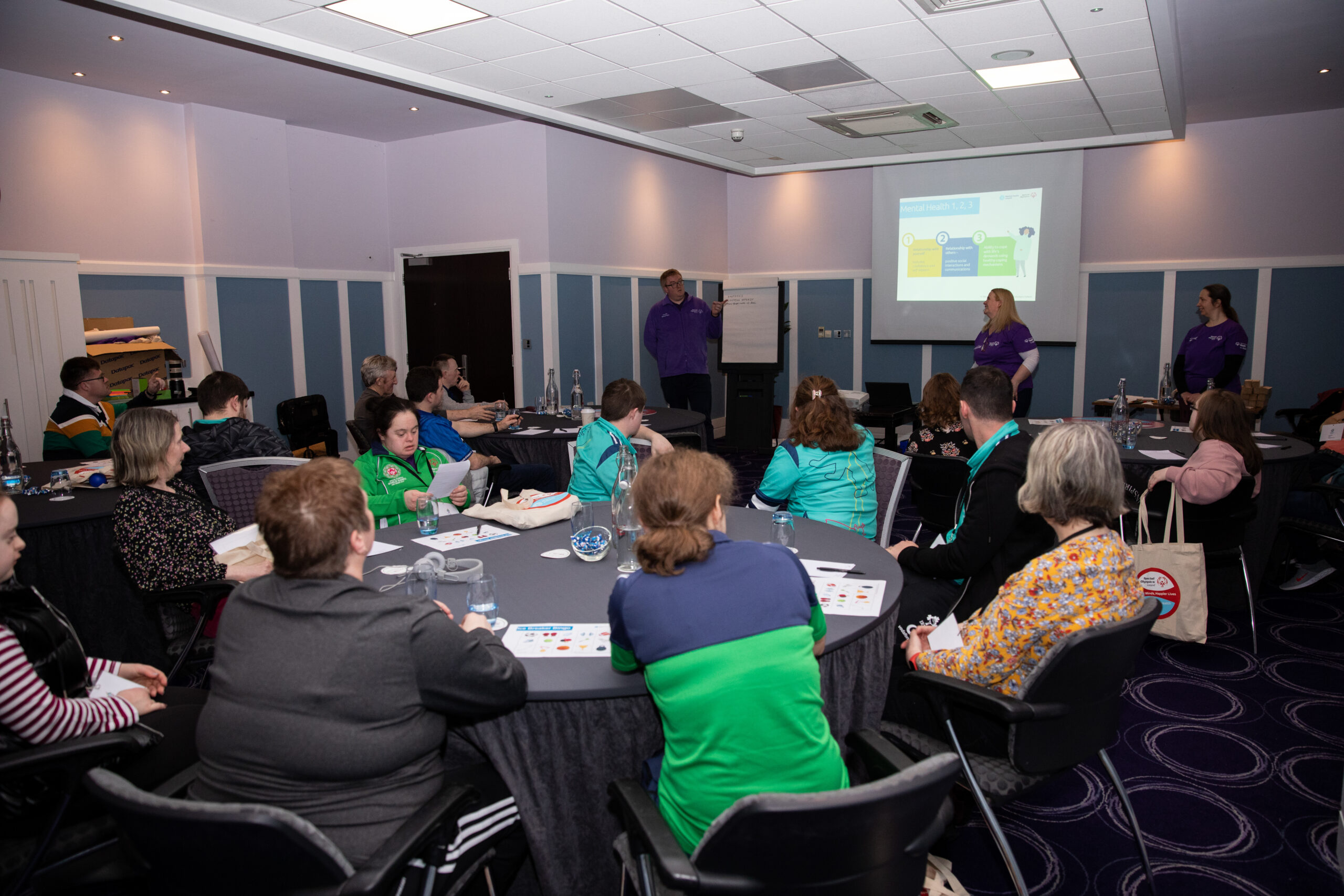Steering Positive Minds
We’re proud to be getting behind Steering Positive Minds – a Community Interest Company (CIC) focused on raising awareness of mental health and wellbeing within the motorsport community, and in Northern Ireland and the Republic of Ireland more broadly. The CIC utilizes motorsport as a platform to promote mental health support, reduce stigma, and provide access to resources for those in need.



